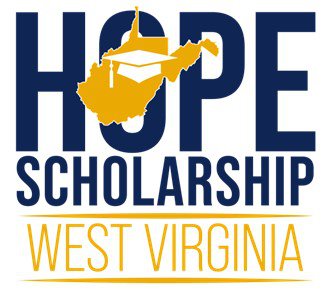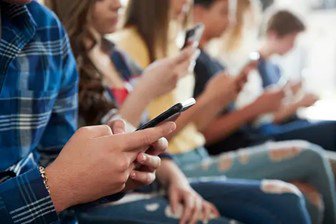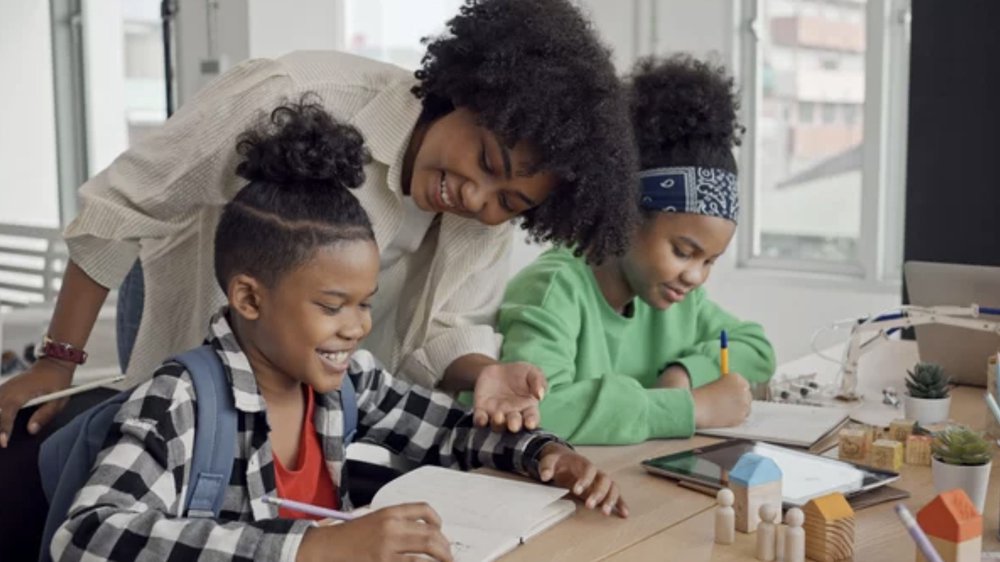State council proposes new literacy requirements for teacher training and licensing – By Alex Baumhardt, Oregon Capital Chronicle
Oregon teacher colleges and future and current teachers hoping to get hired at public elementary schools in the state could soon be required to demonstrate a much more robust understanding of how to teach reading and writing than is currently required.
Gov. Tina Kotek’s Early Literacy Educator Preparation Council – made up of K-12 and staff from Oregon teacher colleges, as well as literacy experts, an indigenous language expert and bipartisan state legislators – shared its final recommendations last week for overhauling literacy training for elementary teachers in the state.
Nationwide, the reading ability of kids in the U.S. has not improved in decades, due in part to the teaching of flawed reading methods. About 40% of Oregon fourth graders and one-third of Oregon eighth graders scored “below basic” on the 2022 National Assessment of Educational Progress, often referred to as the “nation’s report card.” That means they struggle to read and understand simple words.
The council recommends that officials at the Teacher Standards and Practices Commission – which licenses teachers in Oregon – adopt a much more comprehensive set of literacy standards than currently exists. The council also recommended the agency ensure the new standards are met in the process of approving literacy curriculum at Oregon’s 15 teacher colleges, which happens every seven years, and in the process of licensing new teachers or doing license renewals. If adopted, the changes could go into effect by the fall of 2026.

Hope Scholarship To Expand To All W.Va. Students In Coming Years – By Chris Schultz, WV Public Broadcasting
The Hope Scholarship will be expanded to allow all West Virginia students to apply.
State Treasurer Riley Moore announced Tuesday that all school-age children residing in West Virginia will be eligible to apply for the program beginning with the 2026-2027 school year.
The scholarship allows the families of K-12 students to receive state funds that can be used for tuition at private schools, homeschool curriculum and other qualifying expenses.
The 2021 law that established the Hope Scholarship Program, House Bill 2013, included a requirement that the program be expanded if the total number of Hope Scholarship students and applicants was less than five percent of the state’s total public school enrollment by July 1, 2024.

COVID aid funded big repairs at high-poverty schools. Will that give academics a boost too? – By Kaylyn Belsha, Chalkbeat
When the air conditioning broke in a Terrebonne Parish school, it sometimes got so hot that kids fainted or had asthma attacks, and the school had to call an ambulance.
More often, the school sent kids home early. In the best-case scenario, students packed into classrooms with working AC or relocated to the gym or cafeteria to escape the southeast Louisiana heat.
So when the school district got its final federal COVID relief package in 2021, school officials made fixing the AC a top priority. Nearly $23 million — more than 40% of the district’s aid allotment — went to replace the most dire HVAC systems in seven schools.
“It gives us the confidence that we’re not going to have to cancel school, the kids are not going to get sick,” Superintendent Bubba Orgeron said. “When it’s either too hot or too cold … kids are focused on that instead of learning.”

Youngkin signs executive order to establish ‘cell phone-free education’ in Va. public schools – By Nathaniel Cline, Virginia Mercury
Virginia will soon establish guidance to restrict or eliminate student cell phone use during instructional time at school.
On Tuesday, Gov. Glenn Youngkin issued Executive Order 33, which directs his administration to “heed the call” of parents, public health professionals, educators and others by establishing cell phone-free policies and procedures for school divisions, in light of growing concerns over children’s health and declines in academic performance.
The Virginia Department of Education, in collaboration with the Departments of Health and Health and Human Services, must clearly define what “cell phone-free education” means, and publish model plans and draft guidance on implementing cell phone-free education in Virginia’s K-12 schools on its website by Aug. 15, according to the governor’s directive.
The directive will establish “the clear goal to protect the health and safety of our students by limiting the amount of time they are exposed to “addictive” cell phones and social media and eliminating “clear distractions” in the classroom, Youngkin said in a statement.












